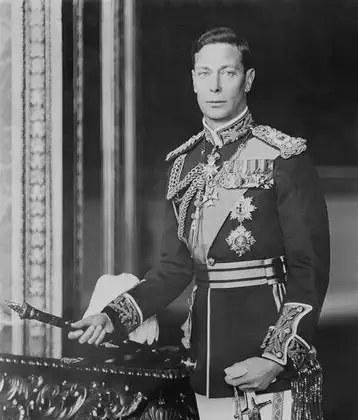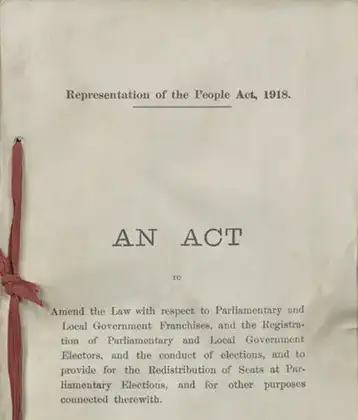On February 06, 1853 in Celtic History
Arthur william moore, manx historia, died

Arthur William Moore (1853–1909) was a British civil servant and colonial administrator who held significant positions in various British colonies during the late 19th and early 20th centuries. He is particularly associated with his service in British Guiana (now Guyana) and Fiji. Here is an overview of his career:
Early Career
Moore began his colonial service in the British Guiana Civil Service in the 1870s. He worked in various administrative roles within the colony.
Fiji
In 1880, Arthur William Moore was appointed as the Resident Commissioner of Fiji, a British colony in the South Pacific. During his time in Fiji, he worked to centralize control and administration, which sometimes put him in conflict with local chiefs and indigenous Fijian institutions.
Western Pacific High Commission
Moore also played a key role in the establishment of the Western Pacific High Commission in 1887, which was created to coordinate British administration in various Pacific islands, including Fiji, Tonga, and the Gilbert and Ellice Islands.
Return to British Guiana
Moore returned to British Guiana in the 1890s and served as the colony’s Chief Justice. His tenure in this role was marked by efforts to reform the legal system in the colony.
Later Career and Publications
Arthur William Moore wrote several publications during his career, including “The Constitution of the Commonwealth of Australia” and “Digest of International Law.” His writings often dealt with legal and administrative matters.
Death
Moore passed away in 1909.
It’s important to note that while Moore made contributions to colonial administration and legal matters during his career, his role in colonial history is primarily associated with his administrative service in British Guiana and Fiji, as well as his involvement in the Western Pacific High Commission. His work reflects the complexities and challenges of colonial administration during the late 19th and early 20th centuries.





